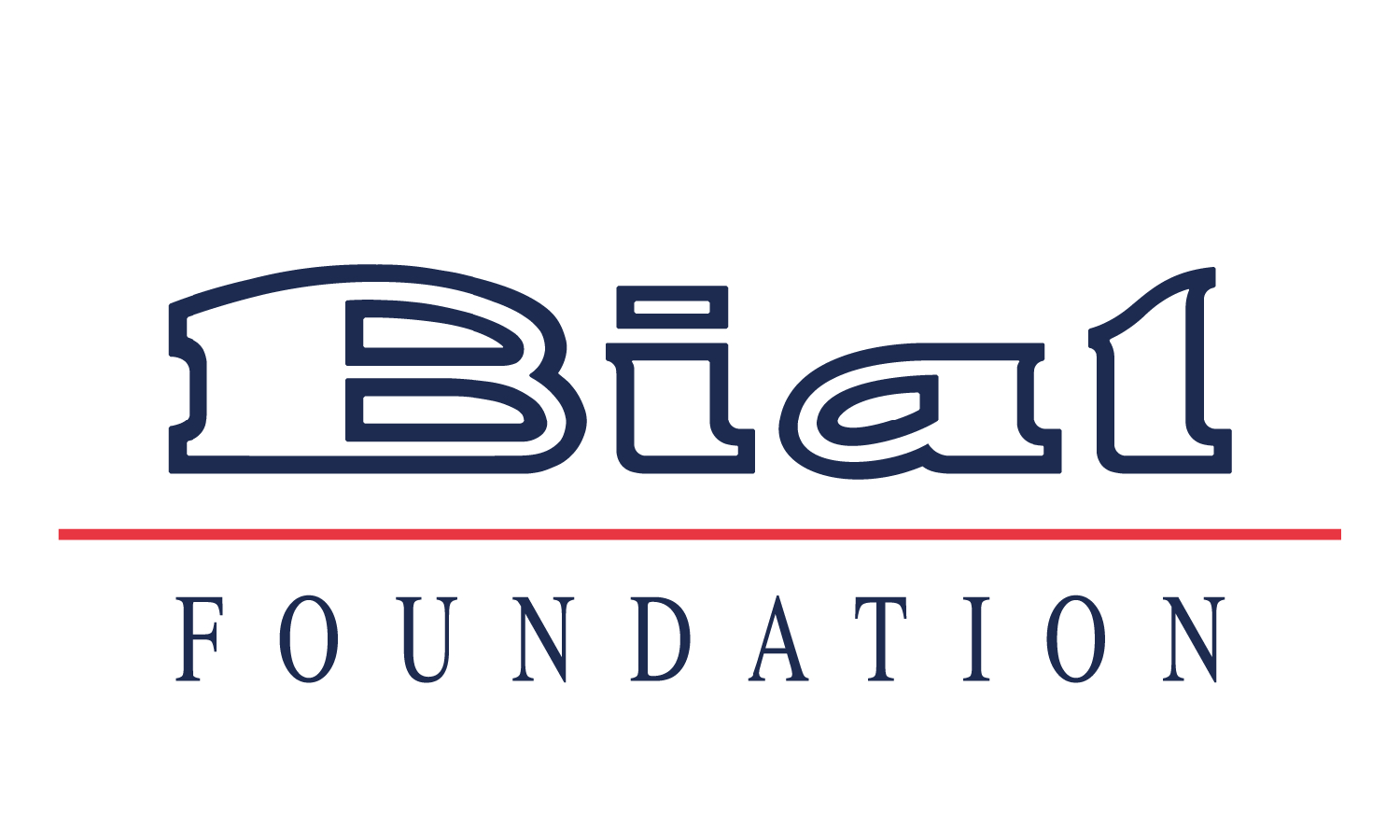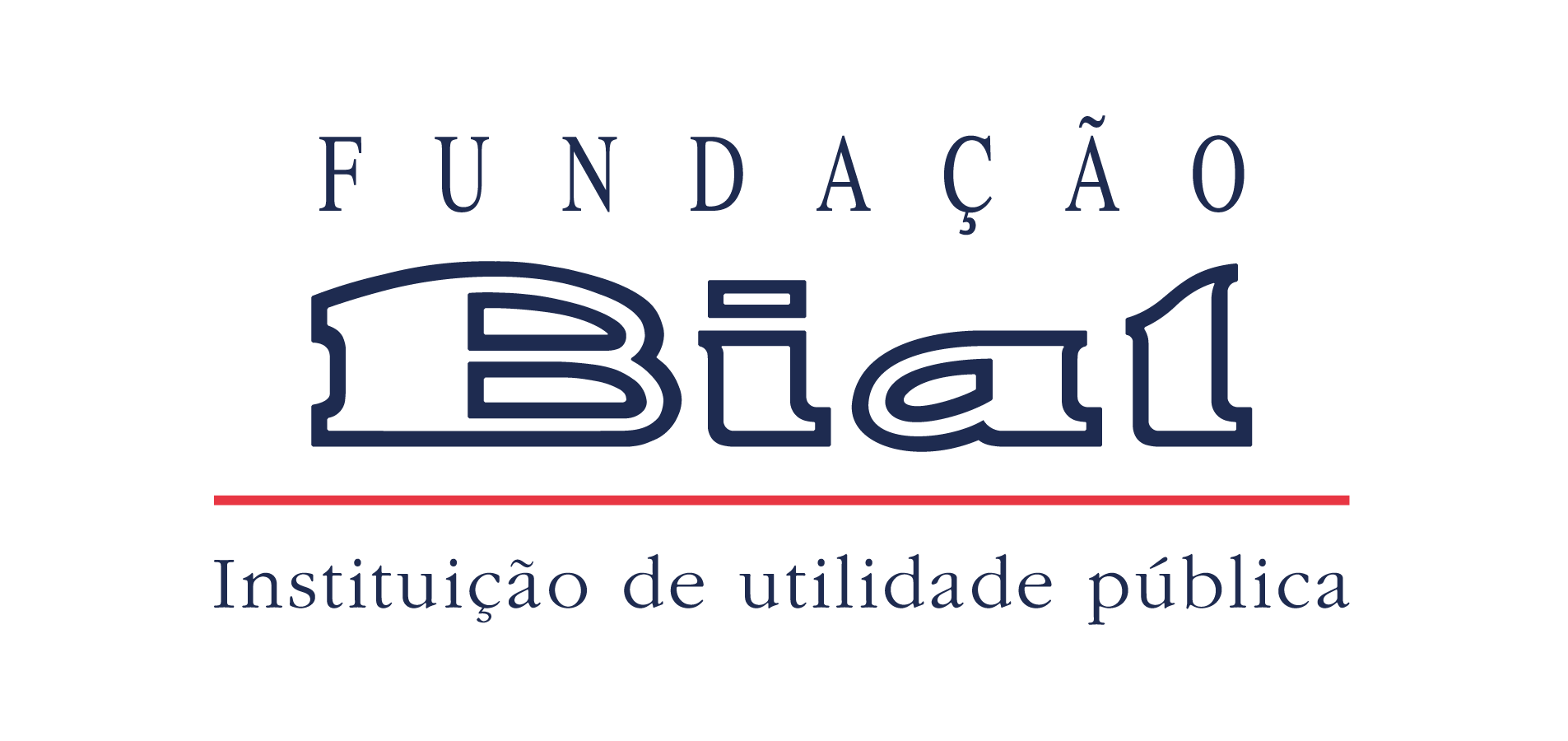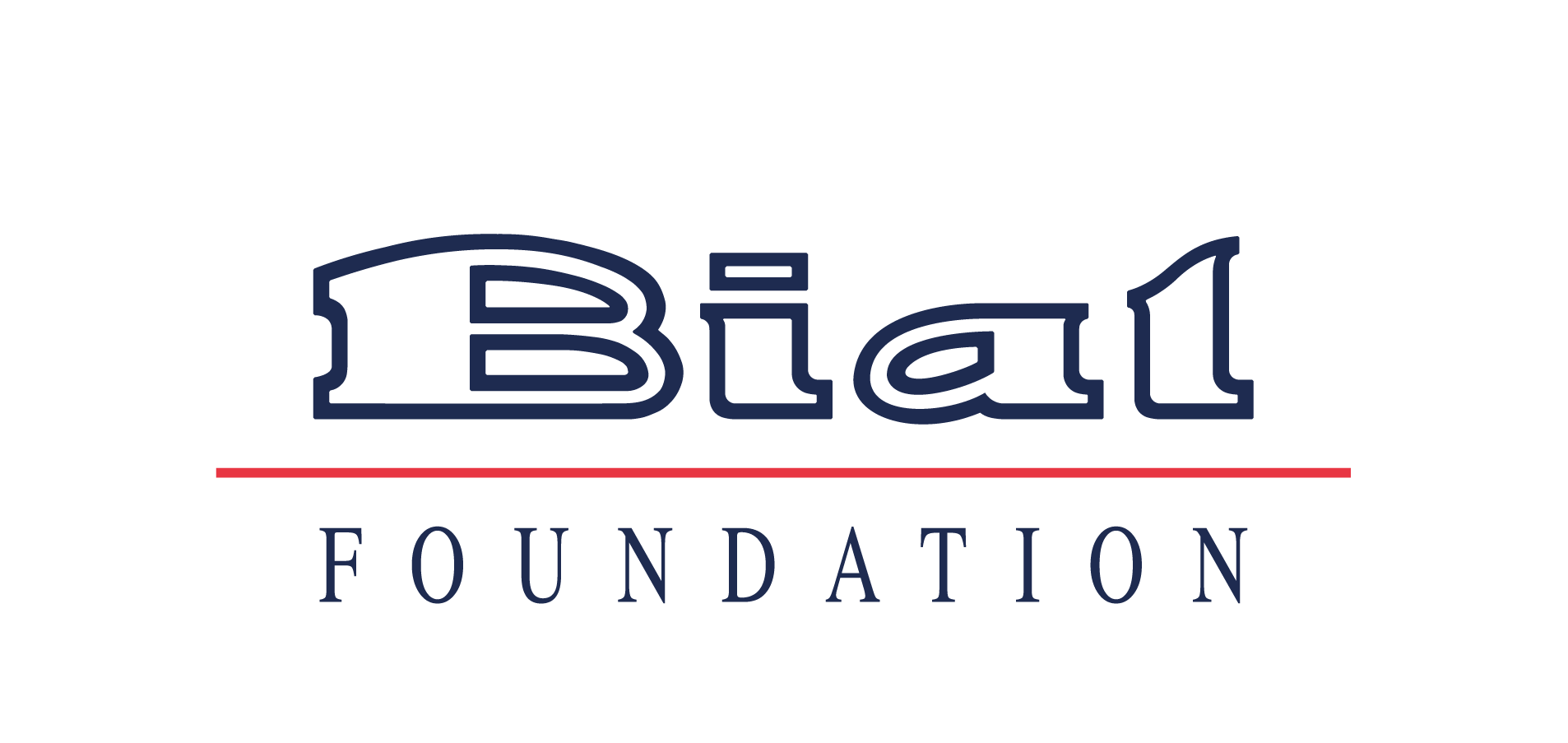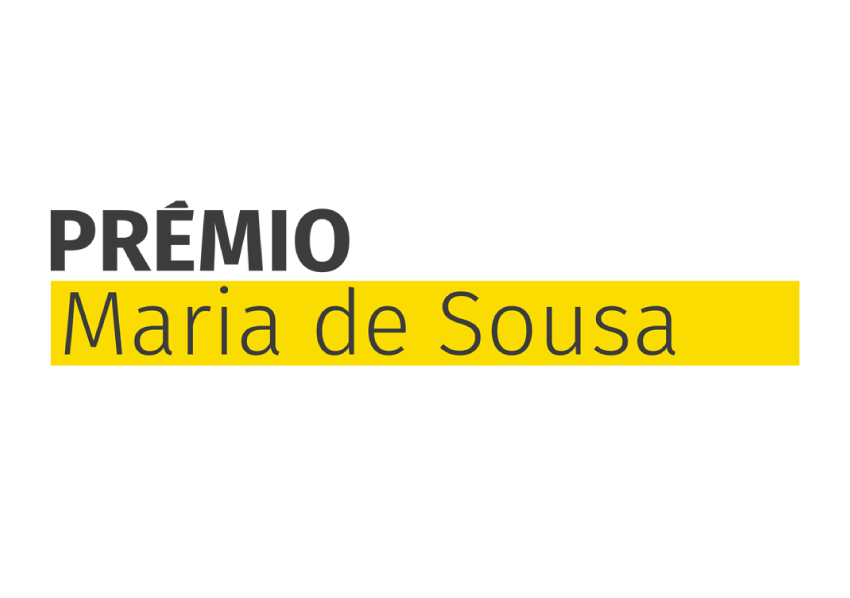News
- Science Stories
- Highlights
- Looking for collaboration
- Helpful links
- Logos
Science Stories
It is our mission being accomplished. Since 1994, the BIAL Foundation has approved for funding 946 projects, involving around 1900 researchers from 31 countries. There are three decades of support to Scientific Research Projects oriented toward the neurophysiological and mental study of the human being, in the areas of Psychophysiology and Parapsychology.
Discover the stories behind the science.
Science Stories

Does your dog have social skills?
A study suggests that viewing the owner’s face works as a positive social reinforcement for dogs. Learn more about this and other surprising results about “man’s best friend”.
News
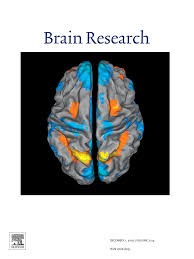
Paper published in journal Brain Research
In the scope of research projects “207/14 - The role of astrocytes in complex cognitive processing” and “37/18 - Decoding the neuron-astrocyte dialogue that supports cognitive processing. supported by the BIAL Foundation, the research team has published the review paper Astrocyte signaling impacts the effects of human bone marrow mesenchymal stem cells secretome application into the hippocampus: A proliferation and morphometrical analysis on astrocytic cell populations in the journal Brain Research.
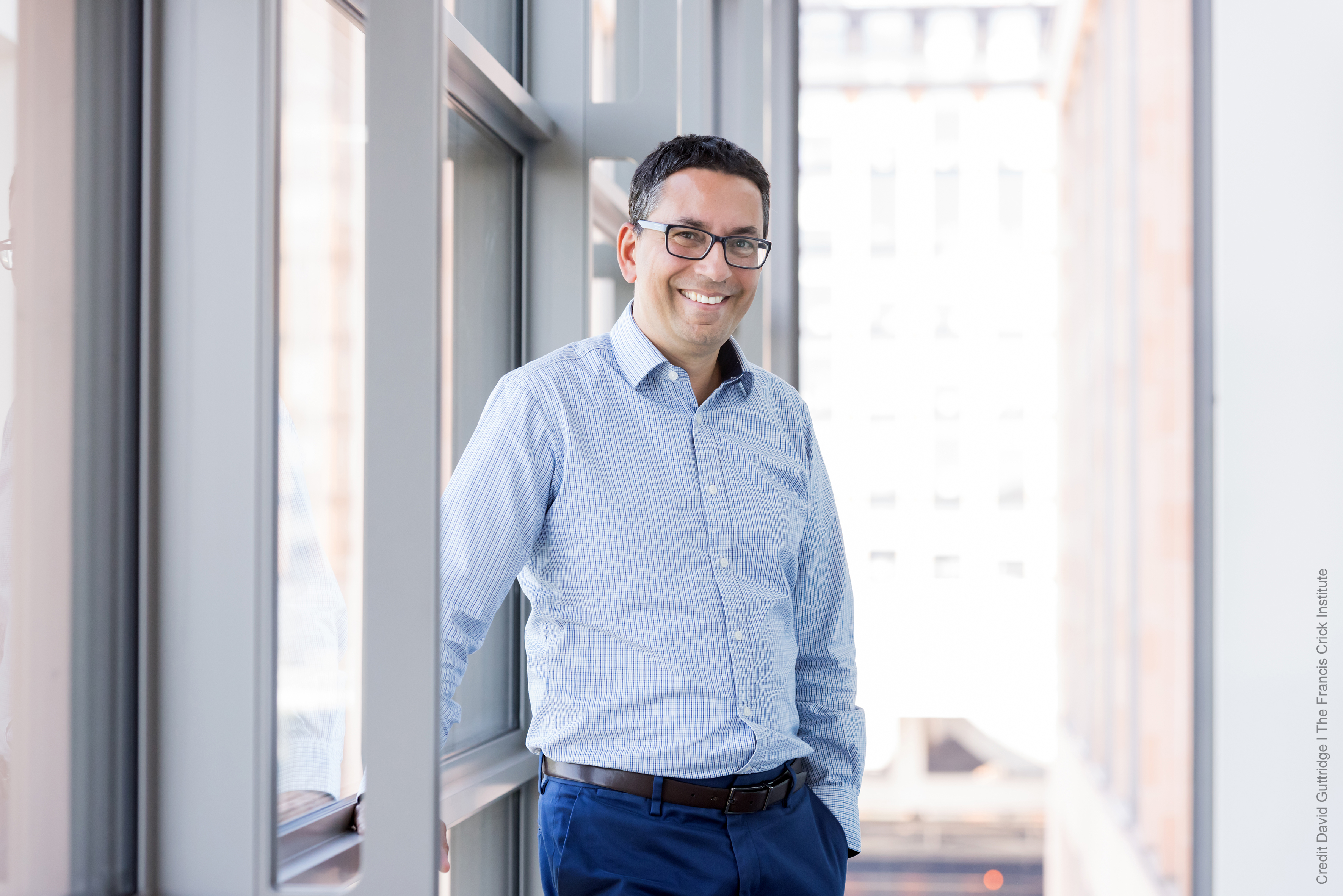
Cancer immunotherapy research wins the first edition of the new BIAL Foundation prize, worth 300,000 Euros
A research project led by the immunologist Caetano Reis e Sousa, who leads the Francis Crick Institute's Immunobiology Laboratory in London, has won the first edition of the BIAL Award in Biomedicine. The prize was established by the BIAL Foundation with a value of 300,000 euros and recognises biomedical findings of outstanding importance.
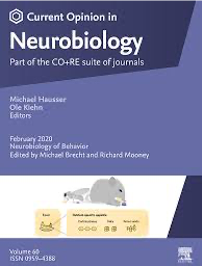
The journal Current Opinion in Neurobiology published results of project supported by the BIAL Foundation
Carlos Ribeiro published in the scope of project 279/16 - Harnessing the power of closed-loop neuronal control to identify the circuit basis of decision making, supported by the BIAL Foundation, the paper Nutrient homeostasis — translating internal states to behavior in the journal Current Opinion in Neurobiology.
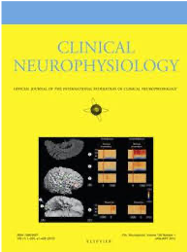
Researchers supported by the BIAL Foundation published in the journal Nature Communications
The research team of the project 261/18 - Phenomenological experience and neurophysiological correlates of shamanic trance in healthy individuals, led by Olivia Gosseries, published in Nature Communications the paper Behavioural and brain responses in cognitive trance: A TMS-EEG case study.
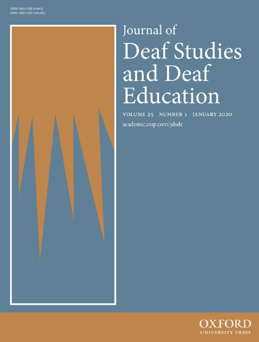
Research project supported by the BIAL Foundation features in The Journal of Deaf Studies and Deaf Education
Juan Manuel Toro published in the scope of project 226/16 - Linking strawberries and politicians: The electrophysiology of the bimodal bilingual brain, supported by the BIAL Foundation, the paper Influence of Gesture and Linguistic Experience on Sign Perception in the Journal of Deaf Studies and Deaf Education.
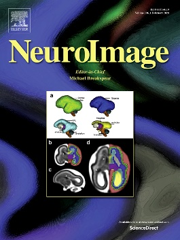
Results of a project funded by the BIAL Foundation presented in the journal Neuroimage
The article Predicting response originality through brain activity: An analysis of changes in EEG alpha power during the generation of alternative ideas has been published in the journal NeuroImage in the scope of the research project 298/16 - Empowering feedback connections in temporo-occipital network to boost visual perception of emotions, supported by the BIAL Foundation.
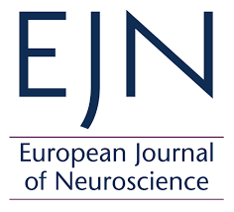
Results of a project funded by the BIAL Foundation presented in European journal of Neuroscience
The article Hand blink reflex in virtual reality: The role of vision and proprioception in modulating defensive responses has been published in the European Journal of Neuroscience. This paper presents some of the main findings from project 218/16 - Virtual bodies, real empathy: Behavioural, bodily, and neural reactivity to the observation of pain and pleasure on self and others in immersive virtual reality, supported by the BIAL Foundation and led by Gaetano Tieri.
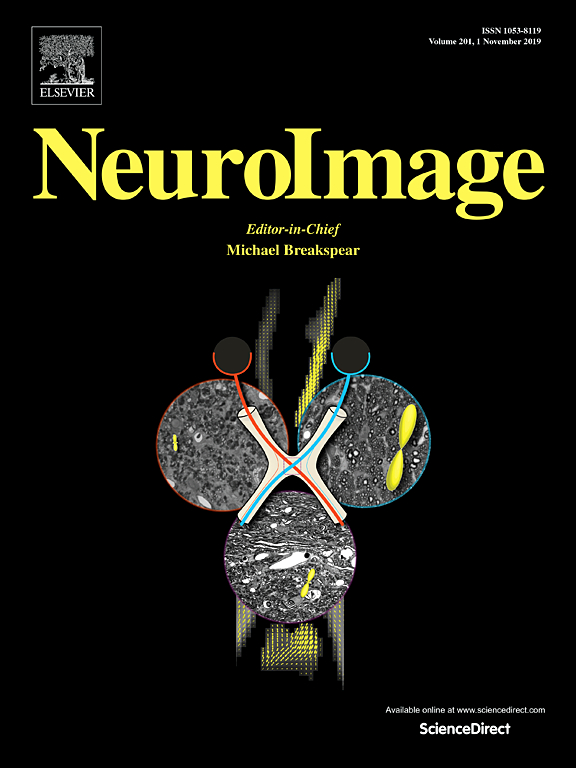
Research project supported by the BIAL Foundation published in Neuroimage
Sjoerd Ebisch published in the scope of project 195/16 - The sense of self: A neuroimaging study of interactions between intrinsic and extrinsic self networks, supported by the BIAL Foundation, the paper I am me: Brain systems integrate and segregate to establish a multidimensional sense of self in the journal NeuroImage.

Research project supported by the BIAL Foundation published in Neuroimage (2)
In the scope of the research project 304/14 - The impact of music training on reading and mathematical abilities of normal and reading disabled children: a behavioral and neuroimaging longitudinal study supported by the BIAL Foundation, the research team has published the paper Resting-state connectivity reveals a role for sensorimotor systems in vocal emotional processing in children in the journal NeuroImage.
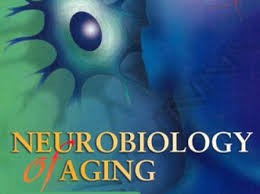
Research project supported by the BIAL Foundation features in the Journal Neurobiology of Aging
The article Age-related changes in cortical connectivity influence the neuromodulatory effects of transcranial electrical stimulation has been published in the journal Neurobiology of Aging in the scope of the research project 277/14 - Cortical excitability and connectivity in the lifespan: a neurophysiological study supported by the BIAL Foundation.
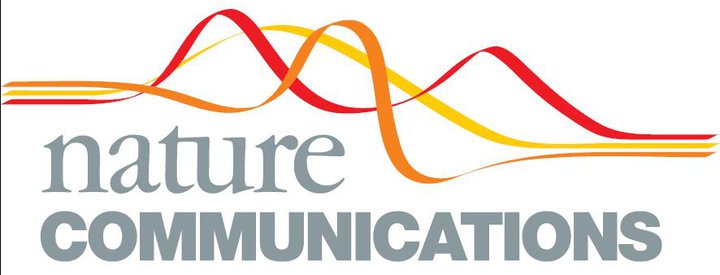
Researchers supported by the BIAL Foundation publish in the Journal Nature Communications
The research team of the project 30/16 - Exploring the neural basis of motivation, led by Ana João Rodrigues, published in Nature Communications journal the paper Role of laterodorsal tegmentum projections to nucleus accumbens in reward-related behaviors.

BIAL Foundation marks its 25th anniversary with an itinerant exhibition
To mark this occasion, the Foundation organizes the traveling exhibition BIAL Foundation - 25 Years, which discloses the work developed on the study and scientific research of the human being during the last two decades. The BIAL Foundation, created in 1994 by Laboratórios BIAL and the Council of Rectors of Portuguese Universities, marks the occasion with a traveling exhibition curated by Prof. Daniel Bessa, member of the Foundation's Board of Directors.
Looking for collaboration

The quest of physiological markers for the experience of pain
Researcher: Elia Valentini - Department of Psychology & Centre for Brain Science, University of Essex Summary: The aim of this project is to improve measurement of the human experience of pain by investigating a combination of psychophysical and physiological responses during mild noxious stimulation. More specifically, we want to investigate how sensitive and specific to pain the brain oscillatory responses are. We use EEG as the main technique, but we are keen to collaborate with neuroscientists using fMRI, autonomic measures and brain stimulation as well as with computational neuroscientists. A clinical collaborator would also be very much welcome.

EEG investigation of hypnosis and decision-making
Researcher: Rinaldo Livio Perri - University Niccolò Cusano Rome, Italy Summary: I work in the field of hypnosis and cognitive neuroscience. In particular, I adopt the event-related potentials (ERPs) to investigate the effect of the hypnotic suggestions on sensory processing and cognitive performance. I am an expert in decision-making and proactive brain processes before the stimulus administration (e.g., the perceptual, prefrontal and premotor readiness during the expectancy stage). I could help colleagues to properly analyze the ERP signal in the pre-stimulus stage of processing. Also, I would be happy to share my EEG data for re-analyzing them in the frequency domain (e.g., wavelet or coherence analysis in the hypnosis research). Feel free to contact me for any question! More information on my papers: https://scholar.google.it/citations?user=-8e_V64AAAAJ&hl=it Possible collaborations: neuroscientist with experience in the EEG frequency analysis Email: perri.rinaldo@gmail.com

Transparent Psi Project - looking for collaborators
Summary: We are running a fully transparent, expert consensus-base multilab replication of Bem’s (2011) experiment 1. The project features state of the art methods to maximize transparency and study integrity. The study involves a computerized experiment taking about 20 minutes per session. Group testing is possible in a computer lab, no specialized equipment needed. Labs are expected to recruit at least 100 participants. Participants will be exposed to images with explicit erotic/sexual content in the experiment. No financial compensation is required for the participants. Data collection is expected to take place in the 2020 fall semester. Every material is provided for ethics/IRB submissions and data collection in English (translation of materials might be necessary by the collaborators). The study is pre-registered and the manuscript is accepted in principle for publication in the journal Royal Society Open Science. All collaborators who meet the minimum sample size criterion will get authorship on this paper reporting the results of the replication study. More information in the preprint: https://psyarxiv.com/uwk7y/ Indicate interest in the collaboration via the following form: https://tinyurl.com/tpp-labs With any question contact the lead investigator: Dr. Zoltan Kekecs, kekecs.zoltan@gmail.com

Cognitive control and learning
Researcher: Ignacio Obeso, Ph.D. / CINAC - HM Puerta del Sur Summary: The aim of our projects is to understand the behavioral and neural mechanisms used to learn how humans establish adaptive behaviour in changing contexts. More specifically, we want to decipher how stopping abilities are initially learned and later executed under automatic control. We use task-related fMRI, brain stimulation and clinical models to test our predictions in laboratory settings as well as online home-based paradigms. Possible collaborations: computational scientist Email contact: i.obesomartin@gmail.com https://iobesomartin.wixsite.com/cognitivecontrol
Find here some links to other Foundations, Organizations, Societies and more that you might be interested in.
- BrainFacts.org
- Cognitive Neuroscience Society
- Dana Foundation
- European Brain Council
- European Society for Cognitive and Affective Neuroscience (ESCAN)
- Federation of European Neuroscience Societies (FENS)
- Human Brain Project
- IANDS International Association for Near-Death Studies
- Institut Métapsychique International (IMI)
- Instituto de Psicologia Paranormal
- International Behavioral Neuroscience Society (IBNS)
- International Brain Research Organization
- IONS Institute of Noetic Sciences
- Kavli Foundation
- Koestler Parapsychology Unit
- Open Sciences
- Organization for Human Brain Mapping (OHBM)
- Parapsychological Association
- Psi Encyclopedia
- Rhine Research Center
- Sociedade Portuguesa de Neurociências
- Sociedade Portuguesa de Neurologia
- Society for Neuroscience
- Society for Psychical Research
- Society for Scientific Exploration (SSE)
- World Federation of Neurology

